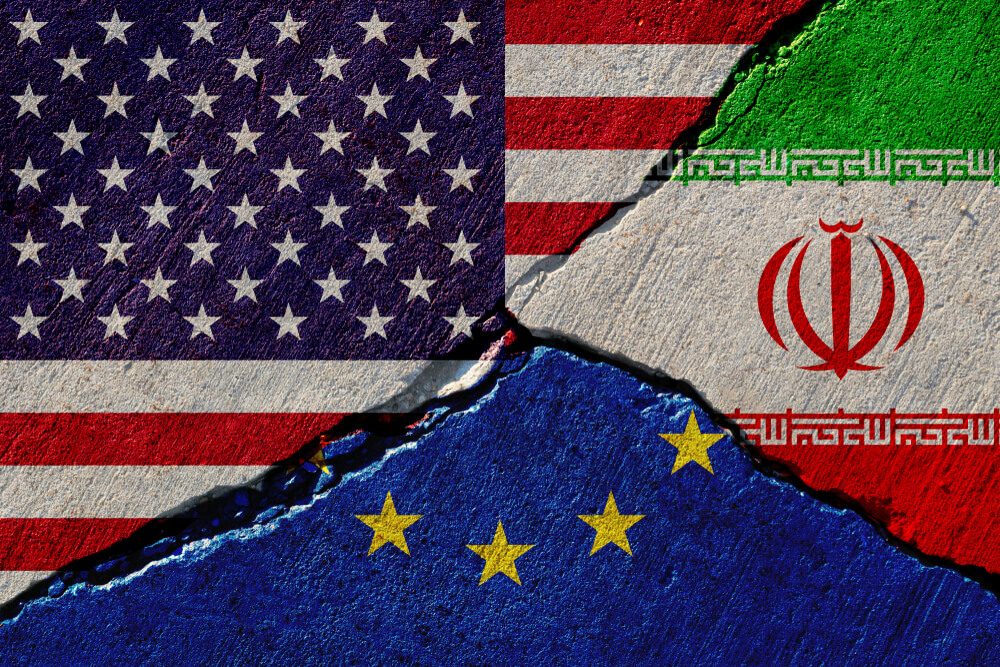Iranian President Hassan Rouhani has all but ruled out meeting with Donald Trump until the U.S. president agrees to lift all sanctions on the Islamic republic, refusing what he essentially called a photo-op.
A day after French president Emmanuel Macron offered to broker a meeting between the two sides at the G-7 summit in France, Rouhani declined the proposal in a speech on state TV. Trump said previously at the summit that “if the circumstances were correct I would certainly agree” to meet with Rouhani.
Trump’s response was similar to his handling of North Korean leader Kim Jong Un, and the gesture ended up resulting in three meetings between the two sides. However, no deal has been made with North Korea yet and the country has continued its missile tests.
Rouhani would need the blessing of Supreme Leader Ayatollah Khamenei, who hasn’t displayed a willingness yet to work with the U.S. toward a new agreement. U.S. Secretary of State Mike Pompeo also alluded to Khamenei — not Rouhani or foreign minister Javad Zarif — needing to meet with Trump.
Rouhani said there would be no “positive development” coming from any talks until the U.S. stops waging an economic war against his country, where inflation is running rampant.
“Iran is seeking a resolution to the problems through reasonable means rather than taking photos,” Rouhani said. “If (Trump) just wants to take photo with Hassan Rouhani, that would not be possible.”
Trump has imposed harsh sanctions on Iran after unilaterally pulling out of the Iran Nuclear Deal last year. The U.S. says it wants new talks to discuss Iran’s nuclear program. Of course, tensions have ramped up recently after Iran carried out a number of attacks on oil tankers near the Strait of Hormuz, a crucial Middle East waterway where a third of the world’s oil supply travels through.
Zarif met with Macron as an aside to the G-7 meetings, and he told French officials that a meeting between Rouhani and Trump was “unimaginable.” Macron has spearheaded Europe’s efforts to salvage what’s left of the nuclear deal.
“Unfortunately Europeans need some permits from the U.S. to take measures and fulfill their commitments,” Zarif said, according to a Bloomberg report. “This situation where independent countries need to obtain permits from other countries for taking legal measures does not offer a suitable prospect for the future of international relations.”




